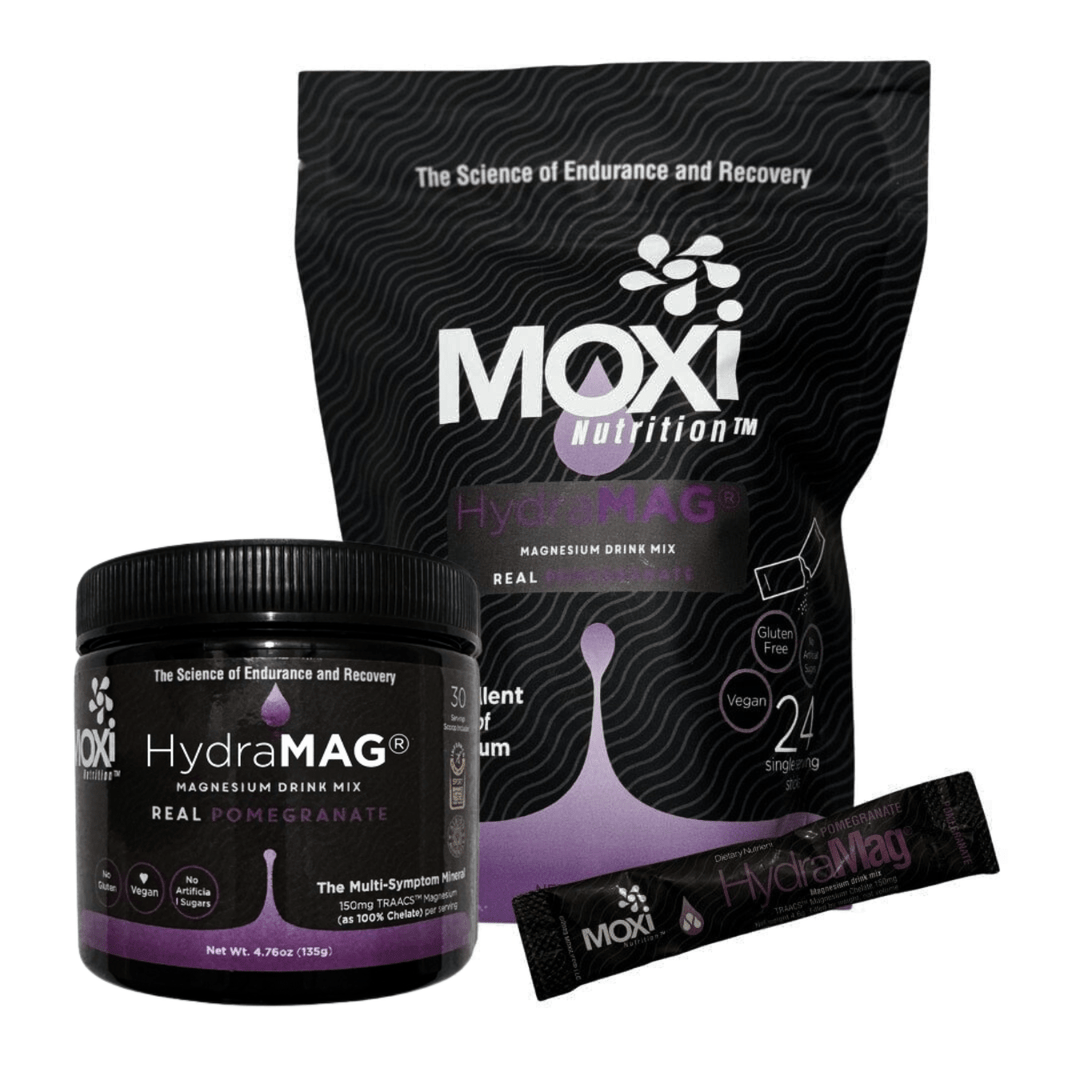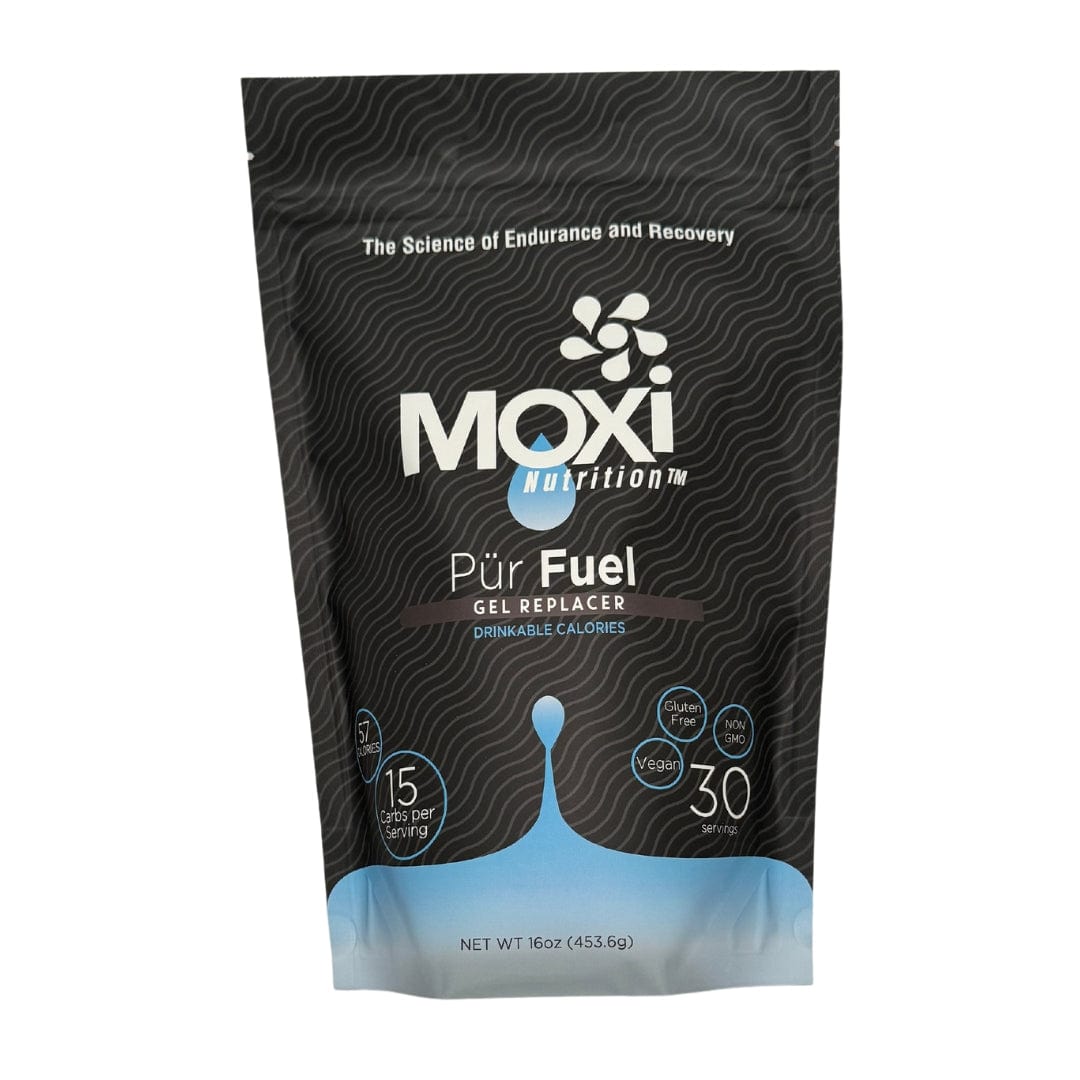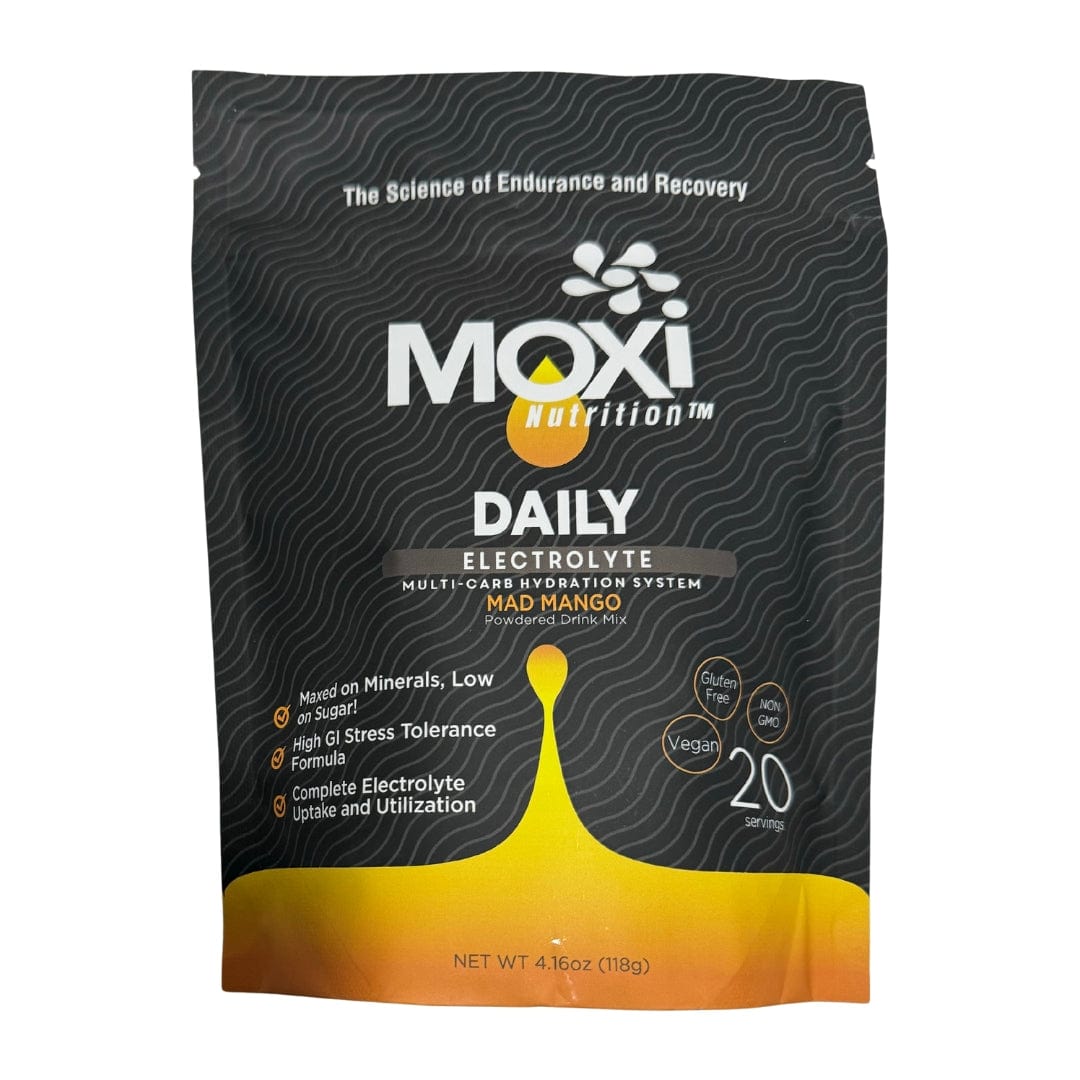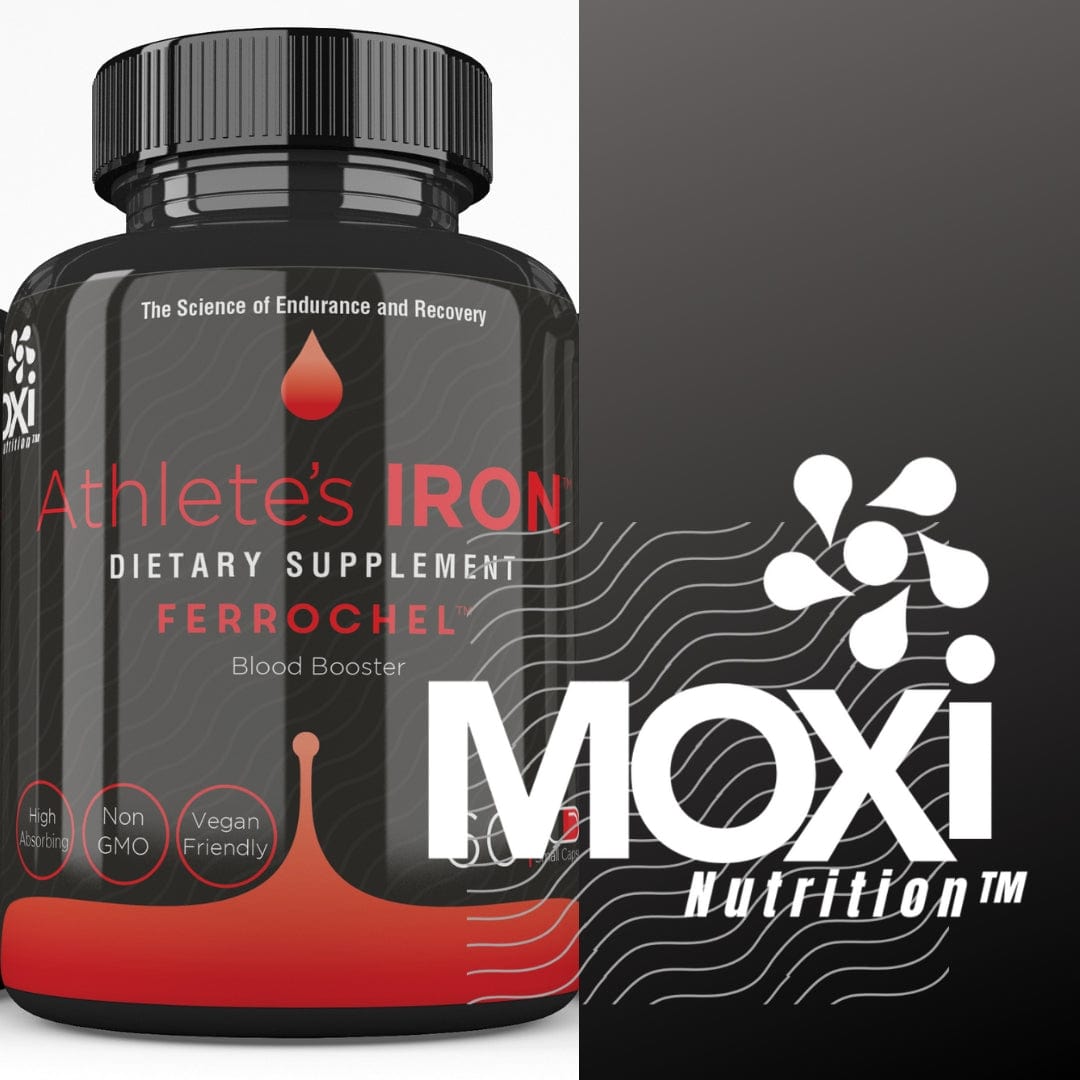6 Dehydration Symptoms Athletes Should Pay Attention To
Dehydration happens when there is a drop in the body's water levels due to fluid loss, decreased fluid intake, or both. Your body regulates its temperature by sweating as you exercise. Dehydration will start to set in and impact sweating and heat release from exercising muscles if water loss through perspiration outpaces fluid intake. Dehydration symptoms can occasionally be so subtle that athletes are suffering its effects without even being aware. Dry mouth and tongue, thirst, headache, sluggishness, dry skin, muscle weakness, dark urine, and dizziness are typical symptoms of dehydration. Be mindful to listen to what your body is trying to tell you. Staying in the game requires early detection and treatment of dehydration. Read this article to learn about 6 dehydration symptoms athletes should pay attention to.
Hydration is Important for Athletic Performance

Dehydration can have a bad effect on your mental performance in addition to your physical performance.
Did you know that inadequate hydration might cut your capacity for exercise in half? Dehydration, for instance, could reduce your endurance time from 121 minutes to 55 minutes. When your body is dehydrated, several factors come into play that have an immediate influence on athletic performance. Dehydration can cause a drop in blood volume, a decrease in cutaneous blood flow, a reduction in sweating, an increase in core body temperature, and an increase in the pace at which muscle glycogen is used up. All of these elements have a detrimental effect on your capacity to operate at your best.
Dehydration can have a harmful effect on your mental performance in addition to your physical performance. Your cognitive function is just as crucial as your bodily function. Dehydration can cause attention problems, increased weariness, and decreased reaction times. Brain fog can be directly associated with dehydration. Additionally, the climate affects hydration levels.
Limiting dehydration to no more than 2% of body mass loss in high-performance athletes, aids in maintaining the physiological, perceptual, and safety components while assisting in exercise recovery and subsequent training sessions. Proper hydration is crucial for healing and preparing for the next game or practice. Here are 6 dehydration symptoms athletes should pay attention to.
Fatigue

You can feel exhausted more than usual if you're dehydrated.
Dehydration can make you feel more exhausted than usual. This is because dehydration impacts many facets of health, including your sleep-wake cycles. A study including more than 26,000 Chinese and American individuals discovered that inadequate hydration was substantially linked to shorter sleep duration. Those who were well hydrated slept longer than those who were not. Additionally, exercising while thirsty can make you feel exhausted. Acute dehydration of 3.2% of body mass led to an increase in fatigue perception and had a negative impact on exercise endurance, according to a small study including 14 male athletes.
Low urine flow and dark urine color
Your urine will be a darker color, and you won't frequently urinate if you don't get enough fluids. Determining many dehydration symptoms athletes should pay attention to is possible by observing the color of their urine. When your body is holding onto more water and not excreting it in urine, your urine may appear darker in color. Because of this, the concentration of body wastes like salt and urea in the urine will increase. Urine clarity is not the primary objective. Instead, a light yellow hue, akin to pale straw, would be more appropriate for urine. Remember that additional factors might change the color of your urine, such as the usage of drugs and excessive amounts of synthetic B vitamins, which can cause urine to turn bright yellow.
Cracked Lips, Less Elastic Skin, And Dry Skin
Dry skin, chapped lips, and diminished skin suppleness are some of the most prevalent symptoms of dehydration. Dehydration may be a factor in developing dry skin, a dry mouth, and chapped or cracked lips. It's crucial to receive the proper diagnosis if you have dry skin or cracked lips, even when drinking the recommended amounts of water. This is especially true if you have these symptoms even when you are not dehydrated. Medical professionals frequently use the skin turgor test to evaluate a patient's hydration level. The lower arm or abdomen's skin is grabbed between two fingers for the skin turgor test, which is followed by a quick release. Dehydrated skin will remain in a "tented" condition and take significantly longer to bounce back, but hydrated skin will quickly return to its normal position. Reduced skin turgor is typically an indication of mild to severe dehydration.
Headaches
If you are not getting enough fluids, you can have headaches regularly. Although there is a connection between dehydration and headaches, the exact mechanism through which dehydration induces headaches is uncertain. According to one idea, headaches are caused by the body losing fluid, which causes blood vessels in the brain to stretch. Researchers accept that many different processes likely cause dehydration-related headaches and that some people may be more prone to them than others.
According to research, those suffering from migraines may experience fewer headaches if they drink more water. One study with 256 migraine sufferers found that those who drank more water had considerably lower migraine intensity, frequency, and duration. Drinking water also helps you lose weight, making it essential for athletes who want to stay fit as well. Depending on your workout routine, you might want to drink water with added electrolytes to help you hydrate and recover the minerals you lost through sweat.
Heart Palpitations

A person's complete health, especially their heart, might be harmed by a lack of water consumption.
Dehydration can result in palpitations, hammering, fluttering, or irregular heartbeat, among other cardiac symptoms. Lack of fluid intake can harm one's entire health, especially the heart. Dehydration may influence heart function in various ways, including negatively affecting blood vessel function and changing blood pressure regulation, according to one review. In addition, dehydration can impair heart function in persons engaged in strenuous exercise in hot weather. It accomplishes this by lowering cardiac output, or the volume of blood the heart pumps each minute, and the amount of blood pumped from the heart's left ventricle.
Low blood pressure
Only when a person is very dehydrated can low blood pressure, an indication of dehydration, become apparent. Dehydration affects blood vessel health and blood pressure control, as was already mentioned. Low blood volume, or a lack of fluid moving in your capillaries, veins, arteries, and heart chambers, results from dehydration. Your body adjusts for a drop in blood volume by quickening your heartbeat and respiration rate while lowering your blood pressure. A serious indicator of extreme dehydration is low blood pressure. Dehydration is severe enough to cause shock, dangerously low blood pressure, and even death.
Conclusion
It's simple to overlook the significance of maintaining hydration. The daily operations of our bodies are greatly improved and elevated by staying hydrated. Each athlete must be accountable for keeping track of their hydration levels and developing a rehydration plan. By awareness of 6 dehydration symptoms athletes should pay attention to, you can work out longer, practice more, and perform better.







